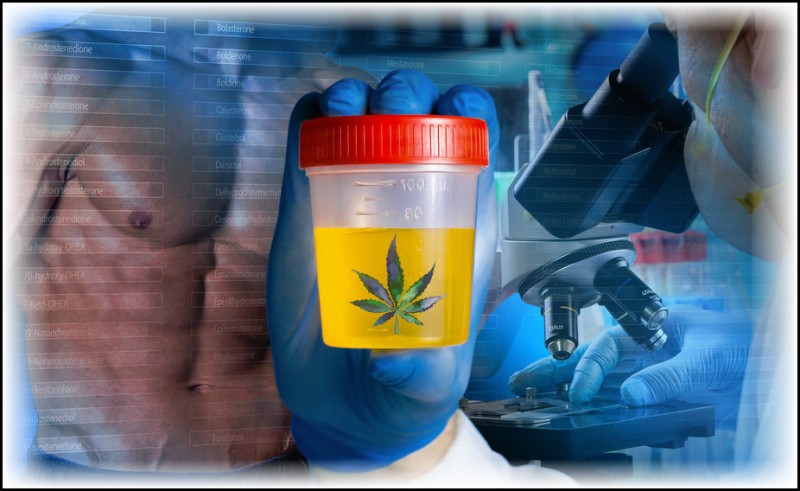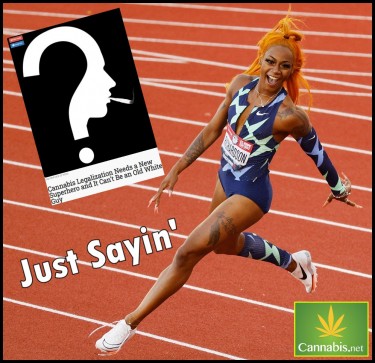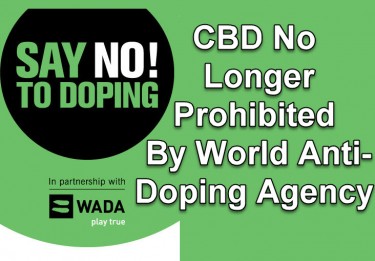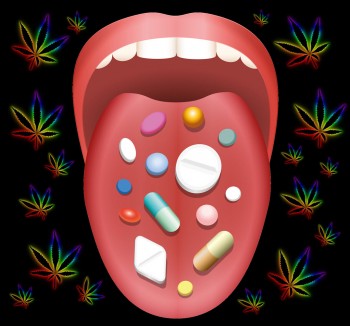World Anti-Doping Agency to Reconsider Ban on Cannabis for Athletes
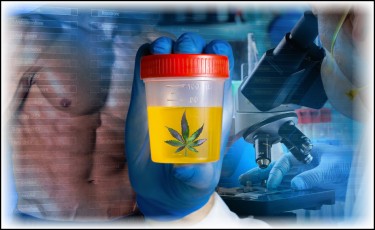
Sha'Carri Richardson's 30 days ban was the torch the world needed to light up a new wave of criticisms on the current drug laws used in international sports competitions.
The World Anti-Doping Agency has announced that following a series of requests from the agency's stakeholders, it has decided to review its cannabis policy.
Following the mandated drug tests taken by all qualified athletes to partake in the Olympics games, Richardson was disqualified from competing because she tested positive for cannabis. This disqualification came a few days before the Olympic events and a few weeks after Richardson endeared herself to millions of Americans and women worldwide by running one of the fastest times ever observed in a track event.
WADA'S Announcement
The president of the Agency, Witold Banka says he is pleased with the turn of events. After a crucial meeting that took place some days ago, Witold said that the decisions reached would further improve the anti-doping program all over the world. He also assured that the agency is focused on ensuring the protection of clean sports events.
He added that the committee reached some decisions on athletes' compliance to drug policies, the much-awaited 2022 Prohibited List, and some other science-related topics.
What is very clear for now is that cannabis will remain prohibited for the next athletic season till the experiments and trials on cannabis are completed.
Prohibition of Drugs In Sports
Since the onset of international sports, some drugs have been banned because they were found to increase the focus, endurance, and speed of athletes. Some of these drugs also cause an increase in muscle mass, strength, and overall performance of the athlete. All these add-ons from a drug do not befit the spirit of sportsmanship. However, in the late 1900s, athletes and their managers were able to get around these tests.
The 1999 doping scandal prompted the establishment of the World Anti-Doping Agency. This was the stakeholder's instrument for ensuring athletes adhere strictly to the anti-doping regulations in nationals and international sports competitions.
Some of the popular drugs banned by the agency include cannabinoids, narcotics stimulants, diuretics, peptide hormones, blood doping, and androgens.
Each year, on October 1, the World Anti-Doping Agency releases an updated list of prohibited substances in preparation for a new season in various sports.
Early this year, a memo was released that all athletes must not consume beer, carbonated drinks, and other soft drinks before undergoing their routine drug tests. Speculations say that the agency suspects foul play with the consumption of these substances before the tests.
Cannabis Ban by the World Anti-Doping Agency
Cannabis joined the list of banned substances in 2004. Although it is important to state that at that point, cannabis was illegal in almost all countries of the world.
When it was listed with other prohibited substances, a lot of people argued that it was a wrong assumption to qualify cannabis as a performance enhancer. This is due to the fact that marijuana slows the user down.
The late Robin Williams who was popular for his comedy events once joked that the only way weed can enhance an athlete's performance is if a big Hershey bar awaits the athlete at the end of the event.
Over the years popular athletes have been penalized for using cannabis or even being seen with cannabis.
Micheal Phelps was suspended from competing for three months in 2009 after a series of photos that showed him smoking weed was leaked. In addition to the ban, he lost his sponsorship with Kellogg's brand.
Another popular athlete is John Capel. The US sprinter was excluded from all competitions for two years after testing positive for cannabis in 2006.
Ms. Richardson is the latest on the list of penalized athletes that have used or tested positive for cannabis in a drug test.
Reviewing the Cannabis Ban
The proposed proceedings to review the status of a marijuana drug in international events will begin next year. This will start with a scientific review of marijuana to determine whether or not it is capable of enhancing an athlete's performance.
Cannabis will be experimented with to see if it satisfies any one of the three criteria used to qualify prohibited substances.
The three criteria are:
-
Enhancing athlete's performance
-
Violating the spirit of sportsmanship
-
Posing as a health hazard to athlete
If during the tests on the drug, it is found to possess any of the above characteristics, it will remain banned by the world anti-doping agency.
This is not the first time that the agency has been asked to review the banned status of cannabis.
WADA defended its list in 2011, it cited a study that revealed that cannabis could reduce anxiety in users. The agency claimed that the drug could improve cannabis mental health before competitions, hence helping them perform better than they originally would under intense pressure and stress levels. WADA used these findings to ensure cannabis remained banned in sports competitions.
Countries that have decriminalized cannabis argued that those findings were inconsistent, as athletes also have their performance reduced by consuming marijuana.
In 2013, after several backlashes, the agency reduced the length of the sentence issued to athletes who test positive for cannabis.
The United States Involvement In The Proposed Review
Watchdogs have said that the agency's rethink is coming soon after the U.S president, Joe Biden commented on the drugs prohibition system.
Soon after Richardson was disqualified from the 2021 Tokyo Olympics events, WADA came under fire from several cannabis advocates around the world, especially in America. President Biden also said that while he doesn't argue that rules should be regarded as rules, he thinks that the rule can be reviewed to determine whether it should remain the rule.
This can also be said to be ironic as the same President Biden who is requesting for a review in the prohibited status of cannabis has refused to take any step to make cannabis federally legal in America.
Takeaway
This time next year, the future of the cannabis ban will be clearer. For now, fingers remain crossed on whether the ban will be relaxed sooner rather than later.
ATHLETES AND CANNABIS, READ THIS...
DID A FAILED DRUG TEST JUST CREATE THE NEW FACE OF CANNABIS LEGALIZATION?
